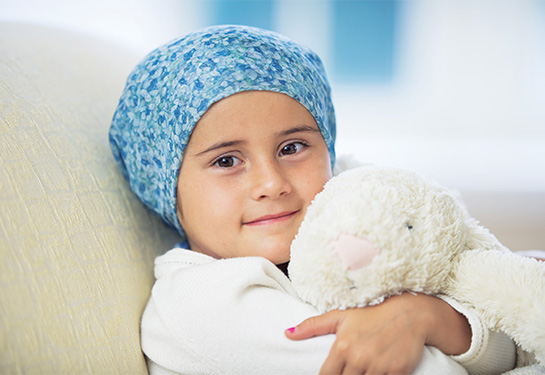Chemotherapy
Our nationally ranked cancer center offers extensive experience in chemotherapy, so you can feel confident in our compassionate care.
Medically reviewed on Oct. 12, 2023.
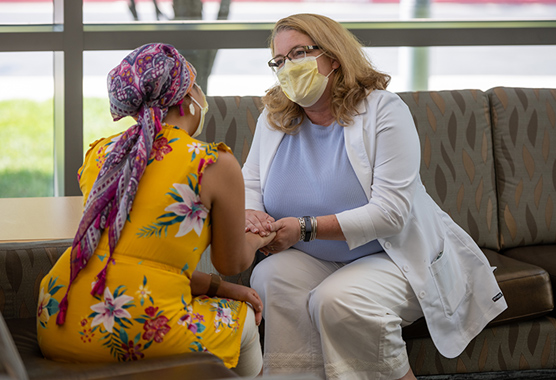
Destroying Cancer Cells
Chemotherapy, also known as “chemo,” is a cancer treatment that uses drugs to destroy cancer cells throughout the body. It can be given in many ways, including intravenously (through a vein), orally and via an injection.
At UC Davis Health, we are regional leaders in using chemotherapy to treat cancer. Our highly skilled team works together to take the best care of you.
How Does Chemotherapy Work?
Chemotherapy drugs stop or slow the growth of cancer cells, which reproduce more quickly than normal cells. When a new cell forms, it goes through a series of phases known as the cell cycle.
Chemotherapy drugs target cancer cells at different phases of the cell cycle to stop or slow their growth. There are many different kinds of chemotherapy drugs, each with a unique chemical composition and varying side effects. Cancer drugs can be given:
Intravenously
We place a catheter into your forearm or hand using a needle. Then, we remove the needle, leaving the catheter in place. We deliver the medication through the catheter. This is the most common form of chemotherapy. It’s also known as an infusion.
Orally
We may give you a pill, capsule or liquid to swallow. You may be able to get your medication at a pharmacy and take it at home.
Injection
The drug is often delivered with a shot into your thighs, buttocks, abdomen or arm. The shot is injected under the skin or in a muscle. Sometimes, we inject into an artery, a blood vessel that transports blood from your heart to other parts of your body.
Topically
Less commonly, chemo drugs may be given as a topical (for example, a cream that you rub onto your skin). You pick up your medication at the pharmacy and use it at home.
Request an Appointment
Our cancer specialists provide thorough evaluations and personalized treatment plans. Learn more about how to make an appointment at UC Davis Comprehensive Cancer Center.
Patients
New Patient Referral Office
916-734-5959
UC Davis Health Referring Physicians
For providers in UC Davis Medical Group or our Cancer Care Network
Physician Referral Center
916-734-5959
External Referring Physicians
For providers who are external clinicians
Referral Office
800-770-9261
We recommend getting a good night's sleep the day before treatment and eating a light meal before you come in. At your first appointment, your nurse will review your treatment plan and discuss your medications and potential side effects. Here's what to bring to your appointment:
-
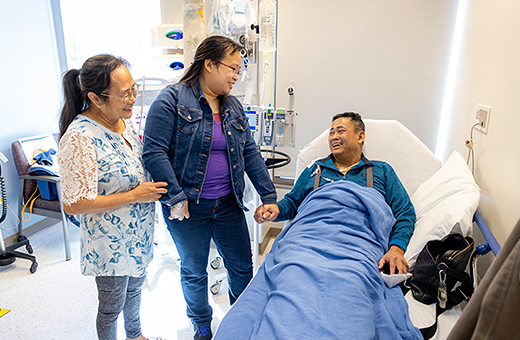
Devices, Books or a Friend
We have free Wi-Fi, so you’re welcome to bring a device to watch movies or play games. Just be sure to bring headphones so you don’t disturb other patients. You could also bring a book or even a friend or family member (age 13 or older).
-

Bring Something to Eat
You may want to bring a meal or snack for infusions that last a few hours. We have a microwave to warm up meals, but we do not have a refrigerator, so bring an ice pack or cooler for cold foods. Visitors are allowed to bring you food from outside, as long as it isn’t too fragrant. Strong smells can cause nausea in other patients.
-
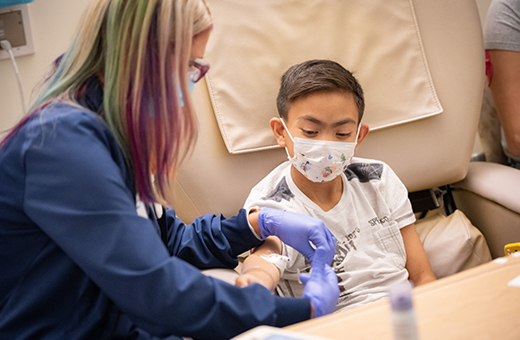
Comfortable Clothes
Wear loose, comfortable clothing to your appointment so we can easily insert your IV catheter. We recommend dressing in layers and bringing a cozy blanket in case the room is too cold or too hot.
Chemotherapy Side Effects
Chemo attacks cancer cells and healthy cells because it is a systemic treatment, meaning it travels throughout the body. When healthy cells are damaged, it can lead to side effects like fatigue and nausea. Our care team will do their best to help you manage your symptoms, which may include:
Fatigue
The most common side effect of chemotherapy, fatigue, refers to feeling exhausted or worn out even when you’ve had enough sleep.
Pain
Chemotherapy can cause aches and pains such as muscle pain, headaches, stomach pain and nerve damage pain, which may feel like numbness or burning, usually in the fingers and toes.
Hair Loss
Certain types of chemotherapy can cause hair loss, which usually begins after the first several weeks of treatment. Your doctor may be able to predict your risk of hair loss based on the drugs and doses you receive.

Ranked among the nation’s best hospitals
A U.S. News & World Report best hospital in cancer, cardiology, heart & vascular surgery, diabetes & endocrinology, ENT, geriatrics, neurology & neurosurgery, obstetrics & gynecology, and pulmonology & lung surgery.

Ranked among the nation’s best children’s hospitals
A U.S. News & World Report best children’s hospital in diabetes & endocrinology, nephrology, and orthopedics*. (*Together with Shriners Children’s)

Ranked Sacramento’s #1 hospital
Ranked Sacramento’s #1 hospital by U.S. News, and high-performing in COPD, colon cancer surgery, diabetes, heart attack, heart failure, hip fracture, hip replacement, kidney failure, leukemia, lymphoma & myeloma, lung cancer surgery, ovarian cancer surgery, pneumonia, prostate cancer surgery, stroke, TAVR, uterine cancer surgery, gastroenterology & GI surgery, and orthopedics.

The nation’s highest nursing honor
UC Davis Medical Center has received Magnet® recognition, the nation’s highest honor for nursing excellence.
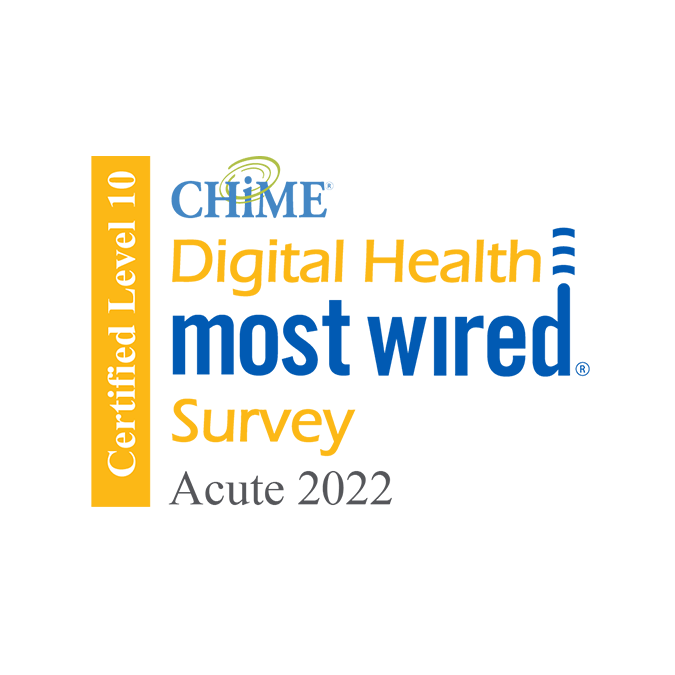
“Most Wired” for acute care
UC Davis Health has been recognized as a level 10 out of 10 in the Digital Health “Most Wired” program from the College of Healthcare Information Management Executives (CHIME). The honor recognizes excellence in using technology to improve the delivery of care.
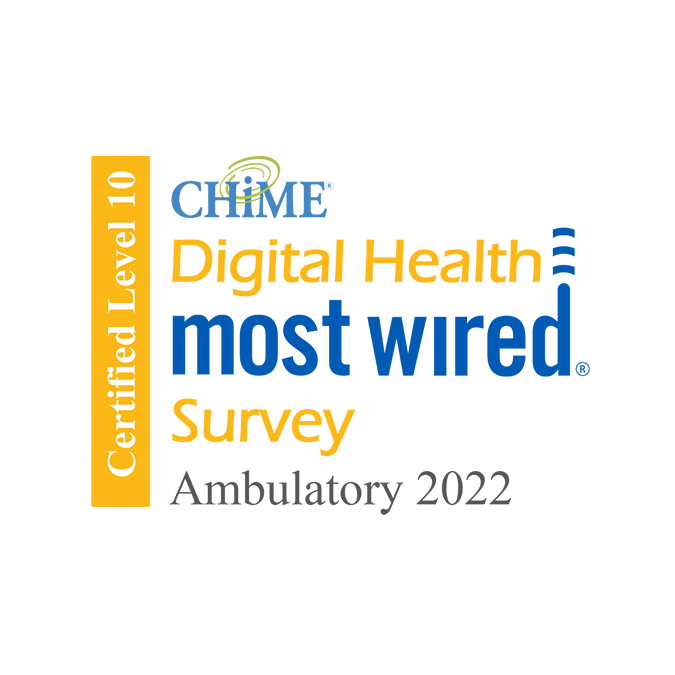
“Most Wired” for ambulatory care
UC Davis Health has been recognized as a level 10 out of 10 in the Digital Health “Most Wired” program from the College of Healthcare Information Management Executives (CHIME). The honor recognizes excellence in using technology to improve the delivery of care.

World-class cancer care
One of ~56 U.S. cancer centers designated “comprehensive” by the National Cancer Institute.

A leader in health care equality
For the 11th consecutive year, UC Davis Medical Center has been recognized as a “Leader in LGBTQ+ Healthcare Equality.”

